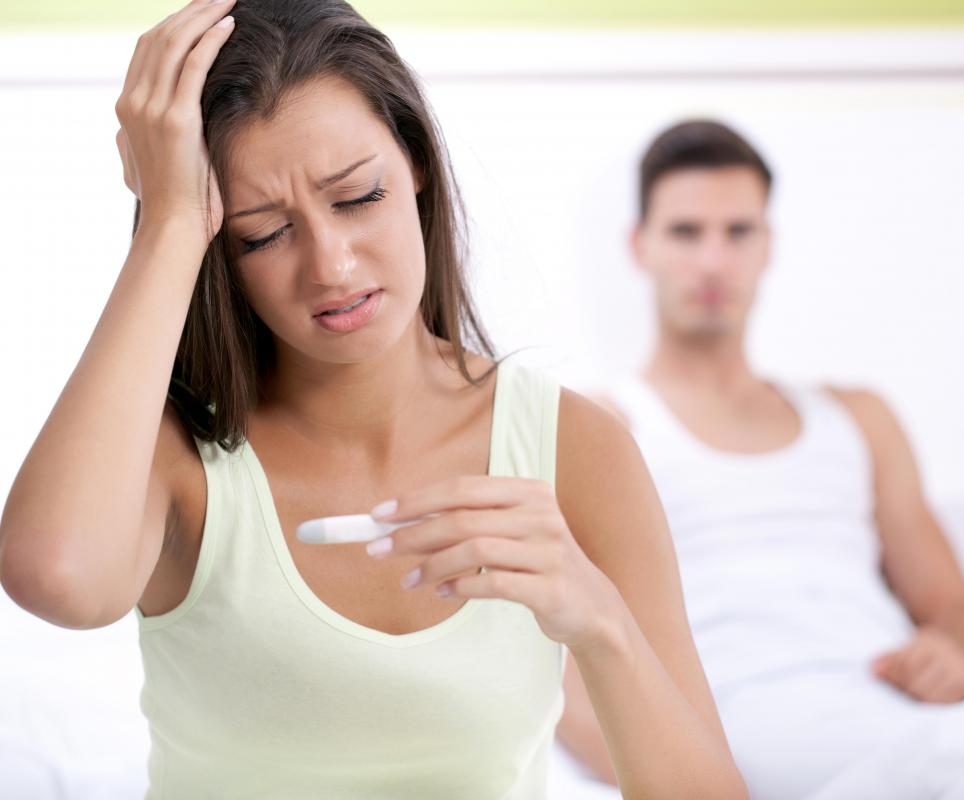At WiseGEEK, we're committed to delivering accurate, trustworthy information. Our expert-authored content is rigorously fact-checked and sourced from credible authorities. Discover how we uphold the highest standards in providing you with reliable knowledge.
What Is an Oocyte Donor?
For women who have a strong desire to give birth, infertility can be traumatizing and heartbreaking. A donation of the female gamete, or egg, often makes it possible for a woman who could not previously conceive to become pregnant. The oocyte donor is a woman who provides the eggs for this process.
There are two types of oocyte donors. The first is anonymous donors. A medical facility can find a donor for the recipient, who has no knowledge of or previous relationship with the donor. The second is a known oocyte donor whom the recipient has provided.

When a woman decides to become an oocyte donor, there are several factors that must be considered. Program requirements vary, but some rules are standard based upon legal requirements and safety for both donor and recipient. To donate oocytes, a woman typically must be 21 years old so that all contracts are legal. The maximum age for a donor usually is about 35 years old, because older women respond less successfully to fertility drugs, and the older that women become, the more likely their eggs will have abnormalities. A donor will not be selected until she has been matched with a recipient who will accept her eggs.

A potential oocyte donor, after she has been selected for a program, typically must pass through several administrative stages before her eggs are accepted for donation. Medical background screenings look for any inherited medical conditions. Information about the donor’s genetic background is crucial in determining if the baby could have potential birth defects or inherited diseases. Information about immediate biological family as well as grandparents will also be gathered. Psychological and physical exams will take place, and the potential oocyte donor will be screened for sexually transmitted diseases, especially the human immunodeficiency virus (HIV).
After clearing these screenings, the donor of the oocytes will be provided with ovary-stimulating drugs for about three weeks so that she produces many eggs at the same time. When the oocyte donor begins menstruating, she will be given follicle-stimulating hormone (FSH) or human menotropin gonadotropin (HMG) for about seven to 12 days. After the follicles are ready, human chorionic gonadotropin (HCG) will be given to facilitate the harvest of the eggs within two days. A minor surgical procedure is performed in which a needle is used to aspirate the eggs, after which the oocyte donor’s part in the process is finished. Depending on the original arrangements, she might be paid for her time and contribution.
AS FEATURED ON:
AS FEATURED ON:












Discuss this Article
Post your comments